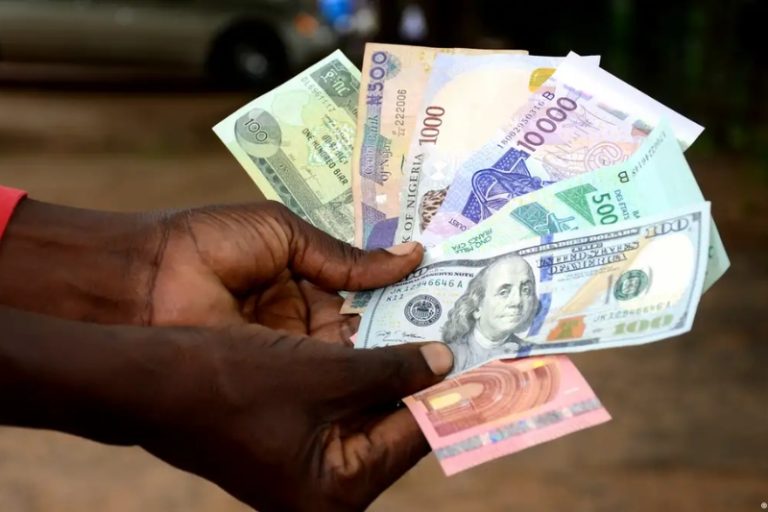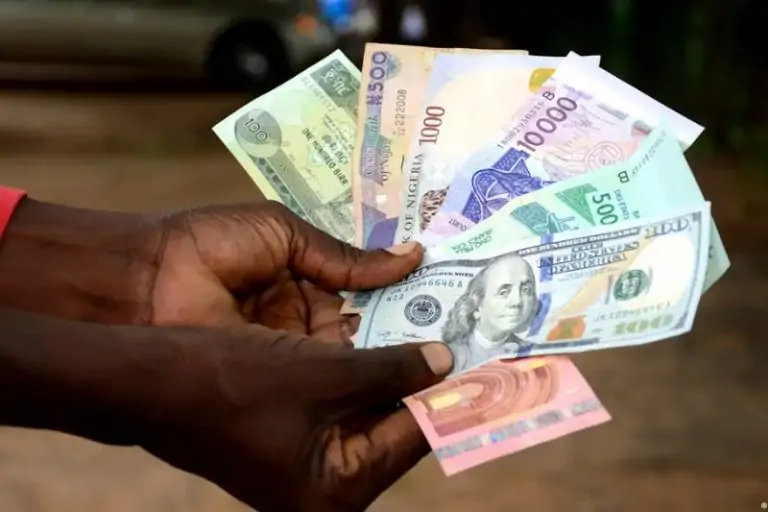

is a common currency among mali burkina faso and niger credible
The possibility of establishing a common currency among neighboring countries often sparks debates and discussions about the potential benefits and challenges involved. In the case of Mali, Burkina Faso, and Niger, three West African nations with close economic ties, the question arises: Is a common currency credible? This article delves into the factors that determine the credibility of a common currency and explores the potential implications for these countries.
One of the primary factors to consider when assessing the credibility of a common currency is the level of economic integration among the participating nations. Mali, Burkina Faso, and Niger share strong trade relationships, and their economies exhibit similarities in terms of market structures and production patterns. This economic integration can serve as a foundation for a common currency, promoting stability and reducing transaction costs.
Effective coordination of monetary policies is crucial for the success of a common currency. The participating countries should have mechanisms in place to align their monetary policies, including interest rates, exchange rate management, and inflation targets. This coordination ensures that the common currency remains stable and adapted to the economic realities of all three nations.
To establish a credible common currency, fiscal discipline is essential. The participating countries must adhere to strict fiscal policies, including maintaining low budget deficits and sustainable public debt levels. Additionally, convergence criteria, such as inflation rates, government debt-to-GDP ratios, and exchange rate stability, must be met to ensure the long-term viability of the common currency.
The successful implementation of a common currency requires strong political will and commitment from all participating nations. Political stability and a shared commitment to the common goal are crucial for overcoming challenges and effectively implementing the necessary reforms and policies.
A common currency offers several potential benefits, including increased regional trade, enhanced economic cooperation, and simplified cross-border transactions. It can also promote price stability and reduce exchange rate volatility. However, challenges such as differing economic structures, asymmetric shocks, and the need for institutional frameworks to manage the common currency may arise.
Establishing a common currency among Mali, Burkina Faso, and Niger is a complex undertaking that requires careful consideration of various factors. While economic integration and shared aspirations can provide a strong foundation, ensuring credible implementation necessitates close coordination of monetary policies, fiscal discipline, and political commitment. By evaluating these key factors, policymakers can make informed decisions regarding the credibility and feasibility of a common currency, ultimately shaping the economic future of these nations.
The Oklahoma City Thunder secured their tenth consecutive victory by beating the Chicago Bulls 145-117. This victory raised their season…
Rob Walter Resigns his Position as coach for the Proteas men's team for white-ball games because personal problems needed attention.…
Starting April 2, South African drivers will get lower costs when filling their tanks as fuel prices decrease for all…
The U.S.-based driver training company Zutobi analyzed road safety worldwide and found South Africa stays last in driving danger since…
The Basketball Africa League (BAL) returns for its 2025 season with exciting changes and developments. Since 2019 the NBA-linked basketball…
The Somali president supports their military forces to eliminate the threats from Al-Shabaab, ISIS, and Al-Qaeda. The Somali National Army…
This website uses cookies.